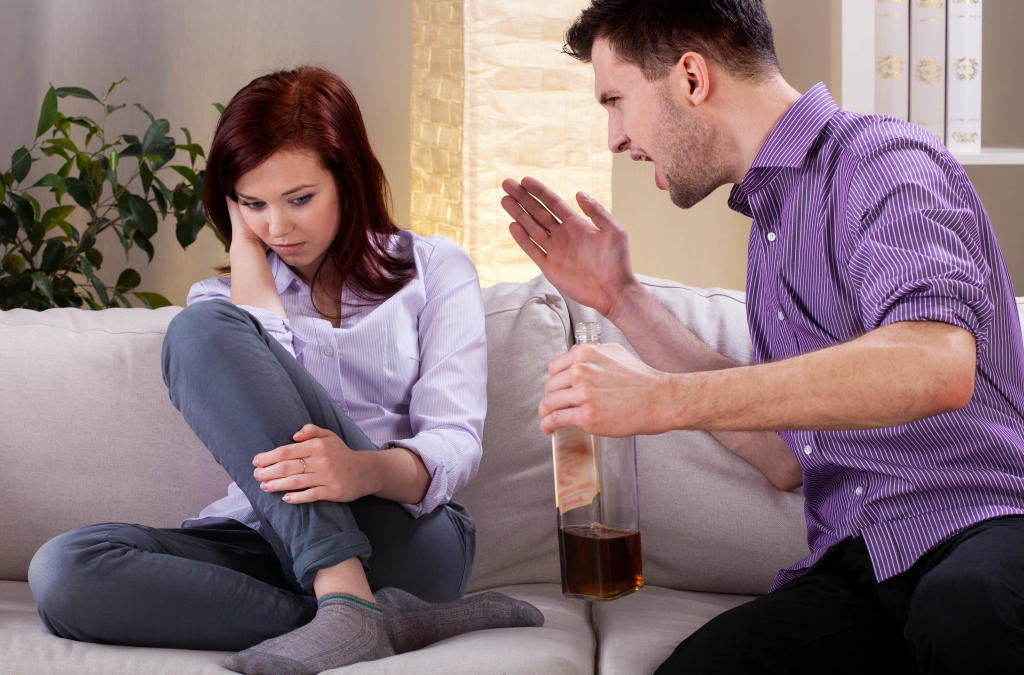Can coffee help a hangover? Here’s what to sip the day after drinking
You’ll get a hangover if you drink too much alcohol, but ‘too much’ is different for every person. It all depends on how quickly your liver can process ethanol, the chemical name for alcohol. There are no instant hangover cures, but doctors recommend waiting at least 48 hours before drinking again to give your body time to recover. They recommend doing this for everyone, regardless of the presence of a hangover. Drinking on an empty stomach may cause nausea or vomiting, so stop immediately and inform the person you’re with how you’re feeling. If you’re not feeling any better after 24 hours, it’s best to check in with your healthcare provider.
- Alcohol may seem like an ideal sleep aid, helping us doze off quickly.
- The best way to avoid a hangover is to drink responsibly or abstain altogether.
- Vomiting (or puking) when hungover is probably one of the worst symptoms of a hangover.
How Age and Lifestyle Affect Hangover Duration
Unfortunately, there’s no magic drink that instantly “kills” a hangover. Some people swear by “hair of the dog” (more alcohol), but this only delays the hangover. A drink or two while hungover may temporarily take the edge off some symptoms, but more alcohol throws your body back into the same cycle Substance abuse without giving it a chance to recover.
Proactive Strategies to Prevent a Severe Hangover
Now that we’ve covered the science, we can concentrate on everything you can do to https://ecosoberhouse.com/ stop puking when hungover. It’s an irritant and inflames the stomach lining, leaving it fragile and delicate. (3) Chronic alcohol exposure can lead to conditions like gastritis, which increases your risk of ulcers, acid reflux, and other gastrointestinal issues. Alcohol poisoning is a serious result of drinking too much too quickly. It is life threatening and requires immediate medical intervention. The following are some questions people frequently ask about hangovers.

Inpatient Treatment
- Hangovers “happen” because of alcohol and its effects on the brain.
- For some, a few glasses of wine can lead to profound regret the morning after.
- This is exactly why you can get a full eight hours of sleep and still wake up feeling completely drained.
- Alcohol is absorbed more slowly when food is in the stomach before you start drinking.
This inflammatory response provokes fatigue, cognitive impairment, and loss of appetite. With chronic alcohol consumption, the inflammation also affects the liver, increasing the production of enzymes and potentially contributing to long-term liver damage. A 2017 study proposes that the diuretic effect of alcohol becomes stronger as the concentration of alcohol in the beverage increases. Drinks with higher alcohol content cause more pronounced urine production and fluid loss. As the body loses water, it also loses essential electrolytes, further exacerbating the dehydration effect.

Light, easily digestible meals can provide necessary nutrients without overwhelming a sensitive stomach. “When we don’t have healthy fats or proteins in our system, it can make us feel even worse,” she adds. Bhuyan suggests eating something that has liver supporting properties like eggs, oats, or dairy, to speed up your recovery and give you energy. One of the most important factors that plays into the severity and length of a hangover, according to One Medical provider, Natasha Bhuyan, M.D., is sleep. Even if when does a hangover end you feel like you slept heavily, or for a long period of time, a drunk sleep is not a restful sleep.
Severe hangover symptoms
- The development of a hangover is influenced by multiple factors related to alcohol’s effects on the body.
- A 2020 study found evidence to suggest that red ginseng may reduce hangover symptom severity by reducing the ethanol concentration in the blood.
- Now as we know with an average, this isn’t always the case, as it often depends on each person.
- It is important to stay hydrated, eat nutritious food, and get plenty of rest to prevent the symptoms of hangover.
- Before the chemical can cause much damage, the body usually breaks it down into another chemical called acetate, which is then converted to water and carbon dioxide and easily eliminated.
Check out “The Side Effects of Mixing Caffeine and Alcohol” to learn more about the risks. Frequent or severe hangovers can be a sign that your drinking has become problematic and is negatively impacting your health and well-being. For many people, alcohol use is causing problems in relationships, work, or other areas of life. When you drink, your liver is busy breaking down the alcohol instead of doing its usual job of keeping your blood sugar steady. This can make your blood sugar drop, especially if you haven’t eaten. You might feel weak, tired, moody, or have trouble focusing—all classic hangover symptoms.
Eating before drinking and ensuring you’re adequately hydrated throughout the night can also help. Consuming drinks with lower levels of congeners, like vodka or gin, and alternating with water between alcoholic drinks can minimize the severity of your hangover. Alcohol acts as a diuretic, causing significant fluid loss that can lead to dehydration. Dehydration not only exacerbates your hangover symptoms like fatigue and headaches but can also damage your kidneys if your dehydration is severe. A 2020 study found evidence to suggest that red ginseng may reduce hangover symptom severity by reducing the ethanol concentration in the blood. The length and severity of a hangover can vary from person to person.

